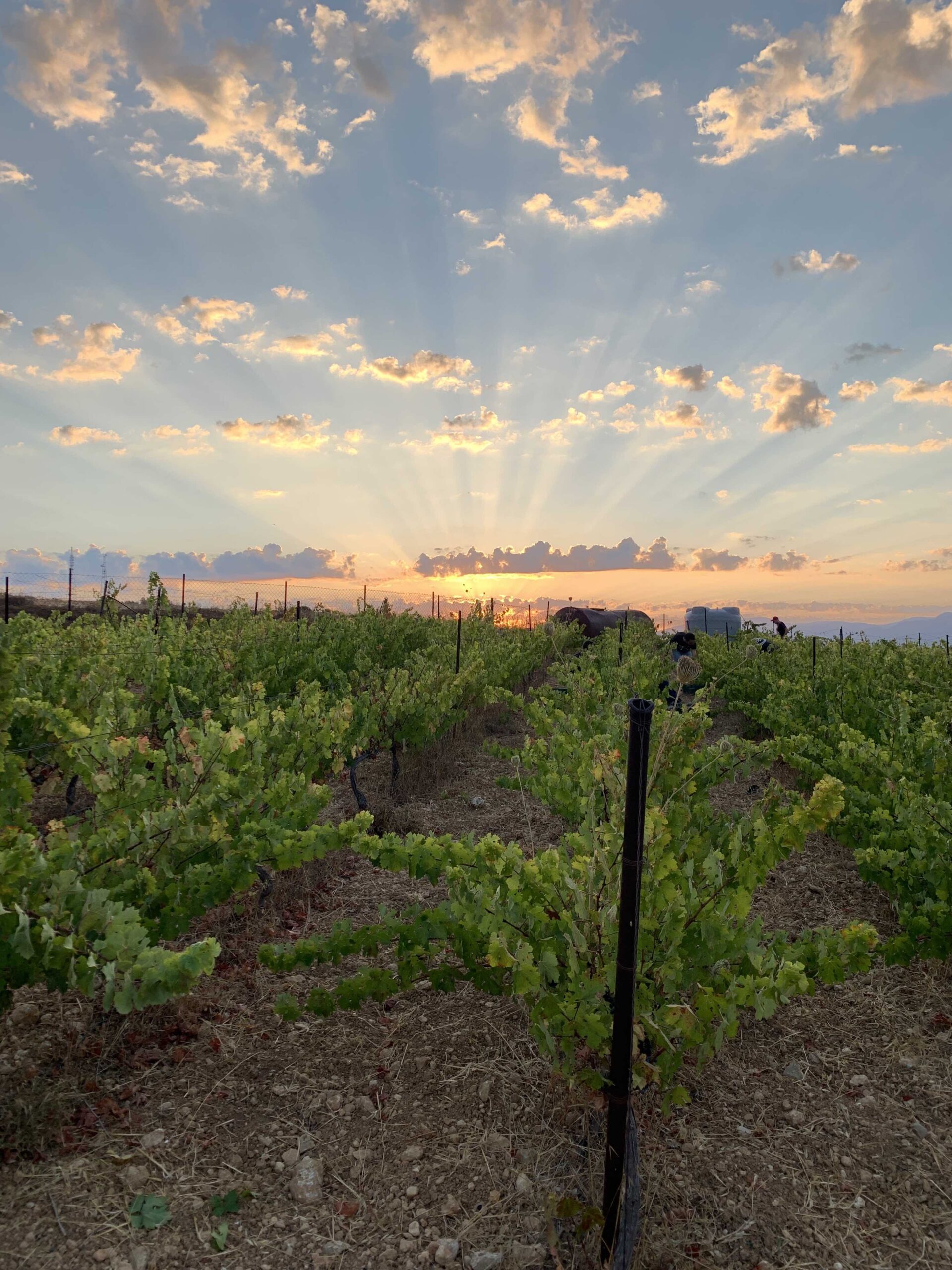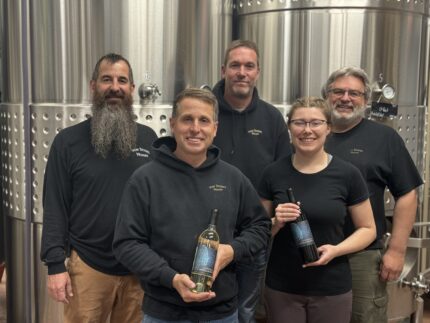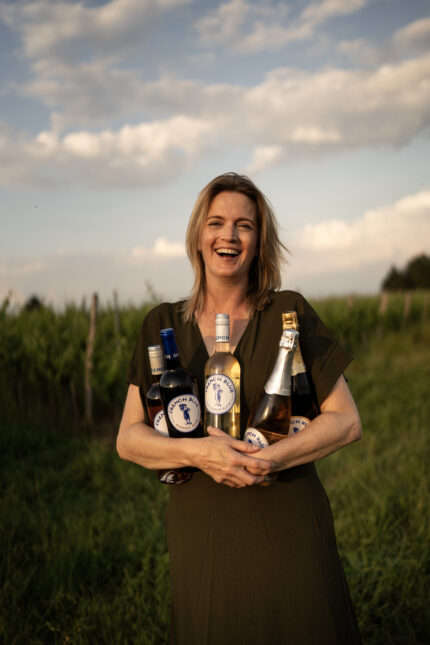A country the size of the State of Connecticut is ready to shine a spotlight on why its wines are ready for the world stage. Lebanon is a complex place with a history of war and natural disasters. Yet it has an ideal climate and location as well as a 7,000-year history of making wine and some of the most resilient winemakers you’ve ever encountered.
I had a chance to talk to Sam Jaoude, North American Wine & Spirit Importers, who is helping lead the effort of increasing the awareness of Lebanese wines and importing them to America.
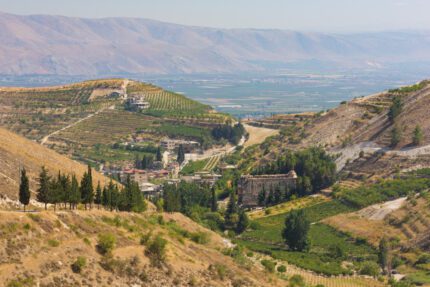
First, a little about Lebanon. The history begins 7,000 years ago when the Phoenicians started the world wine trade and brought viticulture to the Mediterranean region. For those who know the story of Jesus turning water into wine, the land of Cana is actually located in Lebanon.
Over time, Lebanon was governed by different countries. Until World War I, Lebanon was under the control of the Ottoman Empire when it was governed by France. The French presence between the wars influenced the wine culture.
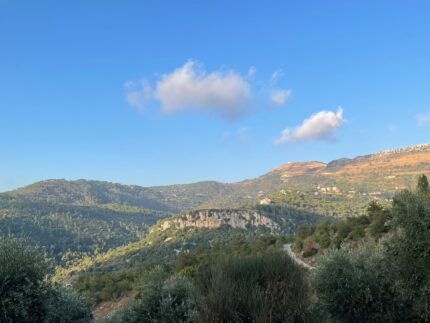
This is a country based on the resilience of its people. In 1930, Gaston Huchar founded Chateau Musar, known as Lebanon’s most famous winery and up until recently, my only experience with Lebanese wines. In the middle of a civil war, Musar’s winemaker, Serge Hochar, packed wine in a suitcase and traveled to the UK, and then around the globe where he educated people about the quality of his wines.
It’s a country that’s been through a series of catastrophes, wars, political crises, economic collapse, and a pandemic. Lebanon sits at the eastern edge of the Mediterranean Sea, where it borders Syria and Israel.
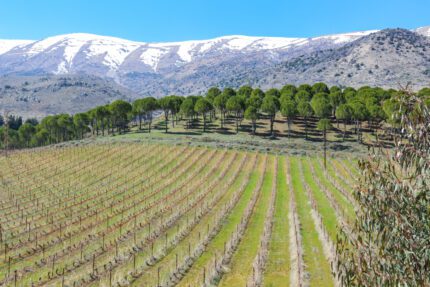
The country is known for its dry, sunny climate, the Mediterranean Sea, and mountainous terrain protecting the vines of the Bekaa Valley. In just 45 minutes, you can go from skiing to swimming.

When chatting with Sam, he talked about the need for the winemakers of Lebanon to band together to raise awareness of the innovative wines that are being produced. To solve this problem, North American Wine & Spirit Importers, LLC (NAWSI) has launched a new wine program, Wines from Lebanon, in Houston, bringing 15 winemakers together including several female-owned and managed wineries, winemakers under 40 years old and winemakers utilizing indigenous grapes like Obaideh, Merwah, Meksassi and Sobbagiegh. He launched the program with his partner, Constance McDerby, who founded Food & Wine Time Productions in Houston.
“You plant an olive tree, and it takes a few years to bear fruit,” Sam said.
“The culture of Lebanese and Americans are similar”, Sam said. “It’s hard for one winery to penetrate the US market without infrastructure. We now have a program that supports Lebanese farmers and winemakers working toward growing in the US market.”
The program is funded by US Aid, a government entity designed to help countries outside the US grow in the US. The wineries are picked based on putting skin in the game. They contribute 25 percent and US Aid contributes 75 percent. The funds are spent on building a team, starting an import company, other awareness efforts and training of how to do business in America.
“If you put together the Lebanese heart and American spirit, it’s a powerful thing and hospitality is at the center of both,” Sam said.
The program is clearly starting to work. “We wanted the program to be launched in Texas”, he said. “It’s as big as German and France combined, and Texas loves wine.” It was introduced in Houston when Lebanese wines received 21 awards at the 20th Annual Rodeo Uncorked!® International Wine Competition hosted by Houston Livestock Show and Rodeo.

So, let’s talk about the wines. I tried one grape I never had and one blend of two familiar ones:
2017 Domaine Wardy Beqaa Valley Obeidi – this one was really interesting. I tasted notes of marzipan, quince, orange, honey with a nice acidity. This one would pair perfectly with shellfish.
2019 Château Ainata Rouge des Cédres – a smooth operator of 80% Syrah and 20% Cabernet Sauvignon. I really enjoyed this wine. It had notes of black fruit, spice, earth, oak, and eucalyptus.
